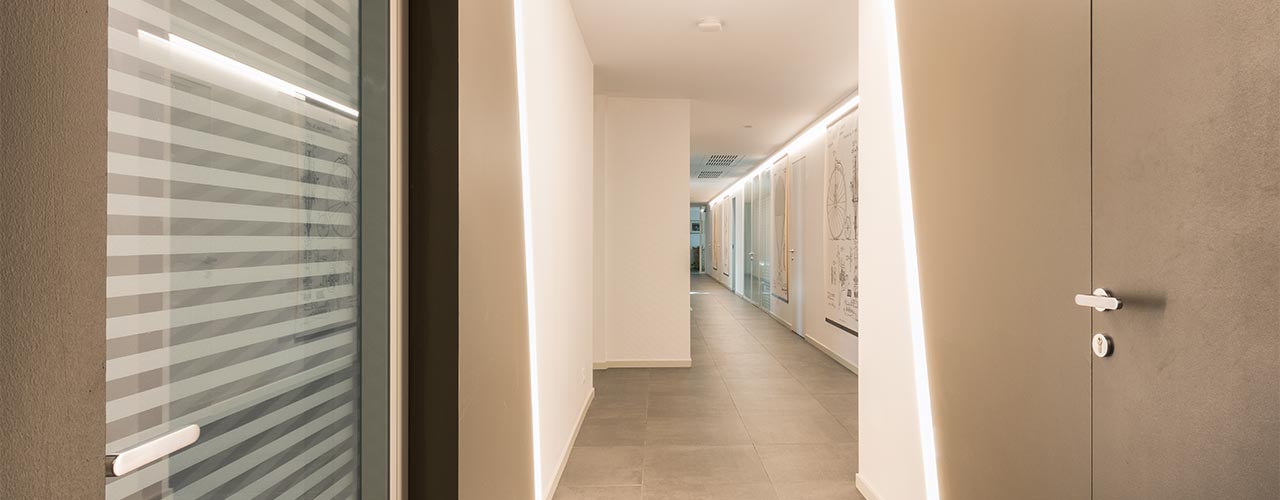1. Designation of Italy for entry into a direct national phase in Italy is admitted for patent applications filed under the Patent Cooperation Treaty (PCT) starting from July 2020.
Since joining the PCT in 1987, Italy has been one of the contracting states to the European Patent Convention (EPC) for which patent protection based on a PCT international application could be obtained only via the Euro-PCT route, namely only by filing a European patent (EP) application and then validating in Italy the EP patent granted on that application.
2. Based on new legislation now in force, international (PCT) applications filed on or after July 1, 2020, are eligible for direct entry into an Italian national phase as an alternative (or in addition) to the Euro-PCT route available so far. Entry into the Italian national phase involves filing with the Italian Patent and Trademark Office (UIBM), within a 30-month deadline from the date of filing or the priority date of the PCT application, a petition for entry into the national phase along with a translation into Italian of the international application (description, claims, summary and figures, if any) as possibly amended under the provisions of Arts. 19, 34 or 41 PCT.
3. Since 2008, a PCT-type search report (including a written opinion on patentability) has been provided for patent applications filed in Italy as first filings (no priority claimed). The report, which typically issues within 4-6 months from filing, is provided at no cost for the applicant: the related activity is supported with funds derived from maintenance fees paid for national and European patents validated in Italy. A negative content of the search report results in rejection of the application unless the applicant submits (within a deadline of 3 months from the application being laid open to the public – at 18 months from filing) a reasoned response addressing in detail the novelty/inventive step issues leading to a negative search report, possibly along with an amendment of the claims and the description.
Since its introduction, the new system has met with considerable success, with a notable increase of first filings in Italy. Key to success have included, i.a., the timing of grant and the possibility for the applicant to obtain a partial refund of the search fee paid for any subsequent EP or PCT application for which a copy of the search report/opinion issue for the Italian priority application, with the only difference that the examination will be based on the International Written Opinion as issued by the International Search Authority.
4. Based on the Regulation published on November 13, 2019, the same examination system applied for first filings in Italy applies to PCT applications entering the direct national phase in Italy.
As noted, a full translation into Italian of the international application will need to be submitted when entering the direct national phase in Italy (in the case of the conventional Euro-PCT route such a translation is to be submitted only when validating in Italy the EP patent as granted).
Bearing the translation costs in advance will however be largely offset by a number of significant advantages for applicants:
- in comparison with the current timing for grant of EP patents, a fully enforceable patent for Italy will expectedly be granted in a few months from entry into direct national phase in Italy;
- despite the continued efforts by the EPO, opposition procedures (with related appeals, which may result in referrals back to opposition divisions with repeated decisions and appeals) before the EPO may last even several years; by way of contrast, patents obtained for Italy via the direct PCT route will not be open to opposition before the EPO, with validity thereof able to be scrutinized only before court based on an in-depth procedure with the intervention of independent technical experts sworn in to advise the court;
- last but not least, in-depth examination of “direct” PCT applications before the IT PTO will expectedly focus – as has been so far the case for first filings in Italy – on novelty and inventive step. Expectedly, minor emphasis will continue to be placed on “clarity” issues, which conversely play a key role in defining the ultimate wording of claims for EP patents, including “last minute” changes introduced by the Examining Division with the Communication under Rule 71(3) EPC. As a result, the applicant in direct national PCT phase in Italy will enjoy to a greater extent the right to be “its own lexicographer” with an increased capability of shaping its patent rights in view of litigation and licensing. Such an advantage will be particularly evident for applicants in sophisticated areas of technology such as AI where resorting to unconventional wording is oftentimes inevitable in order to adequately define and recite the claimed subject matter.


